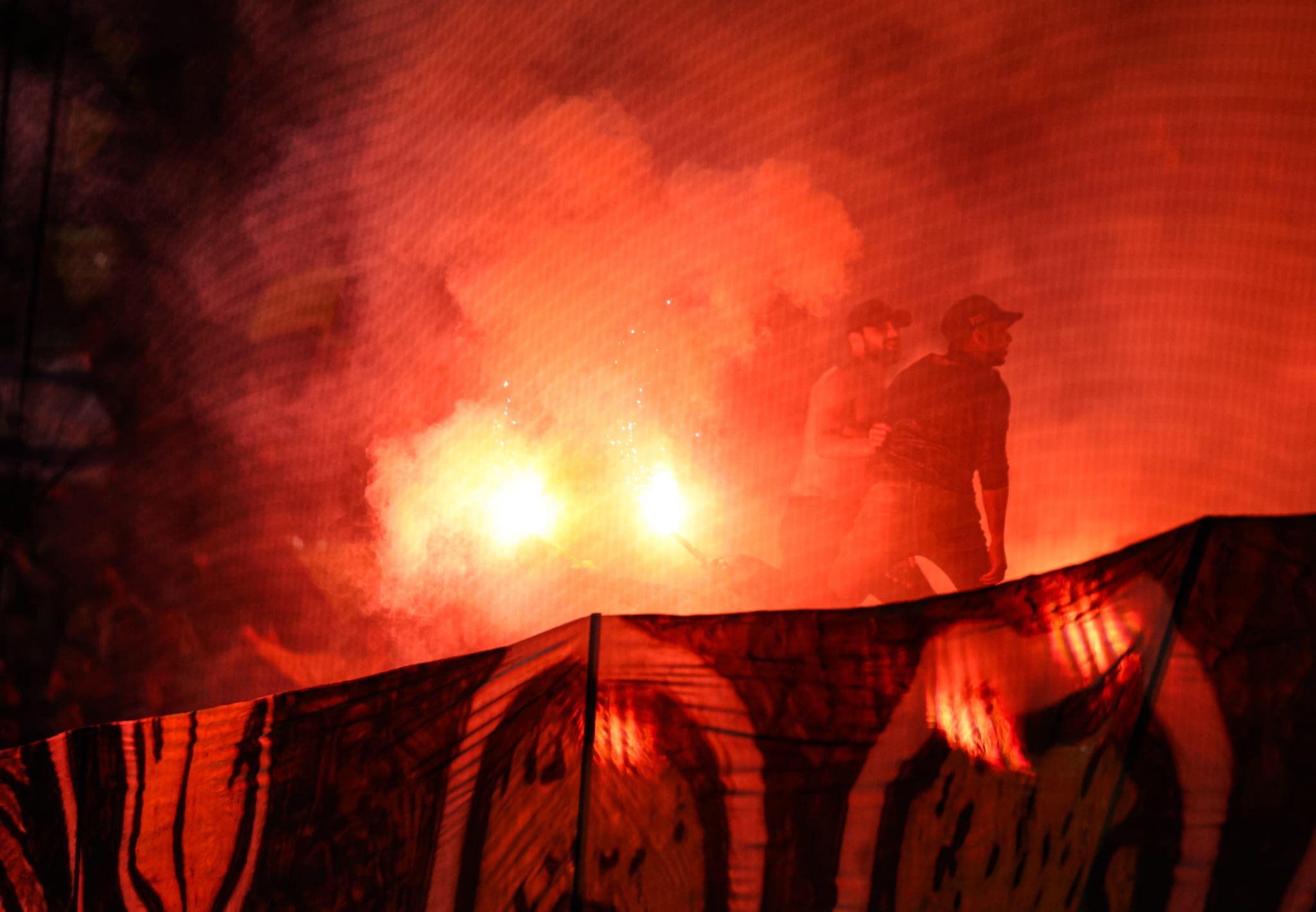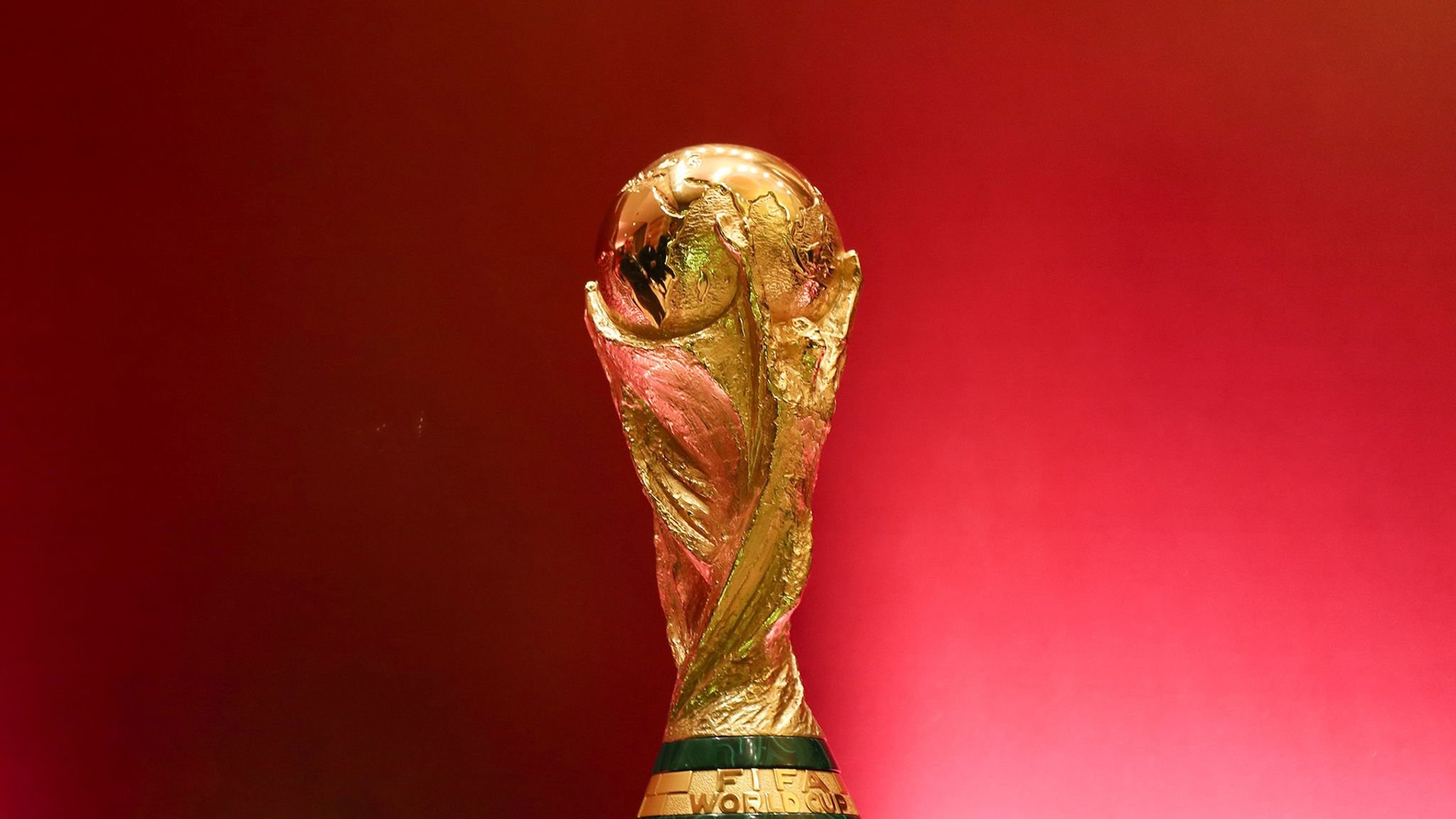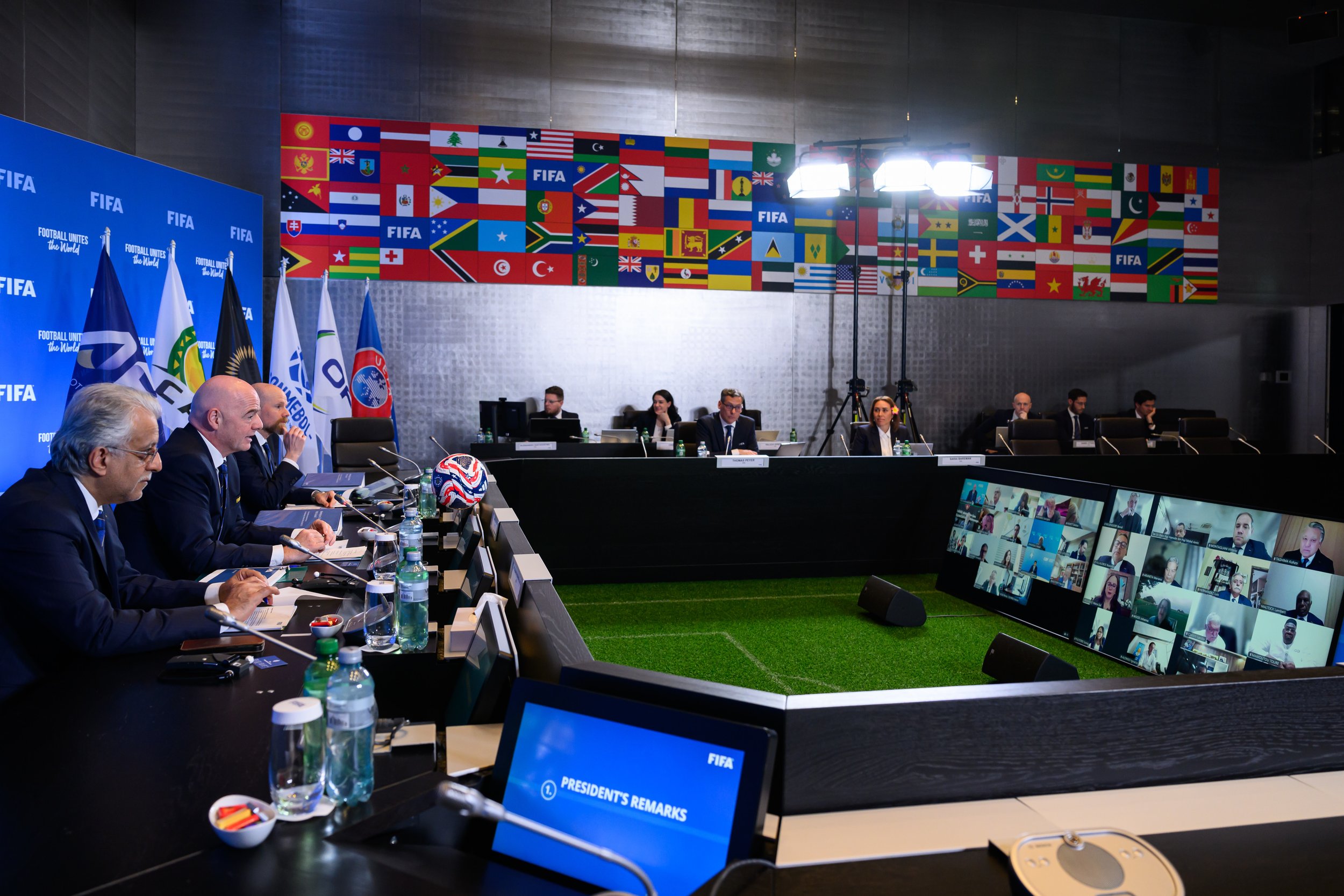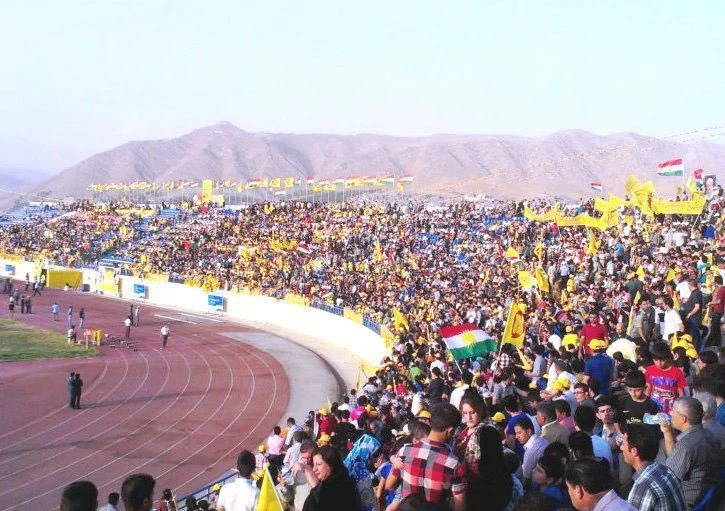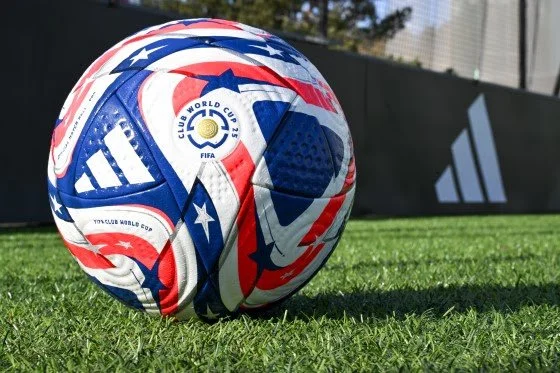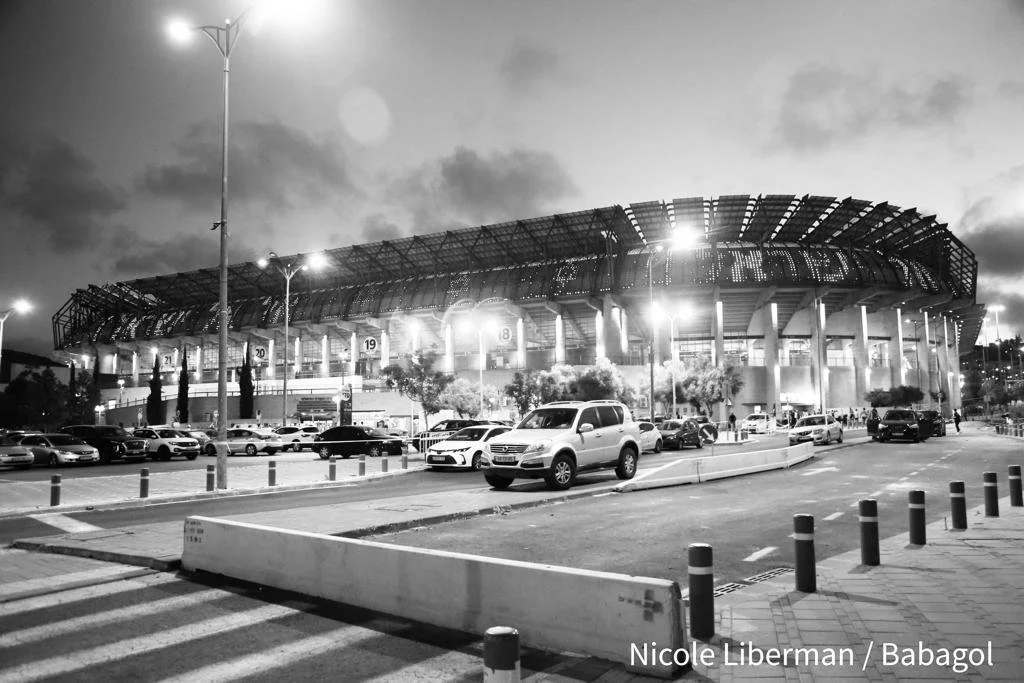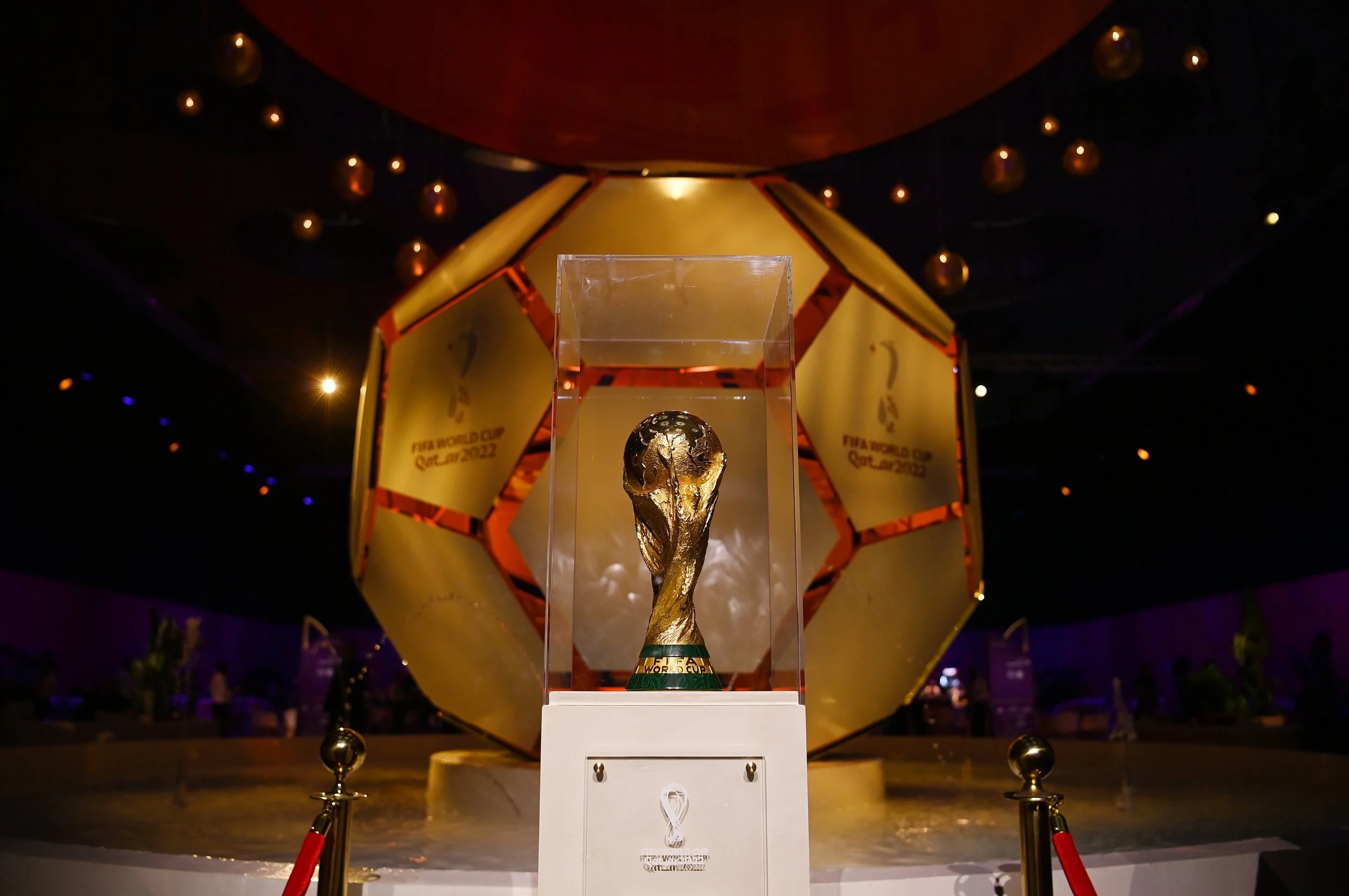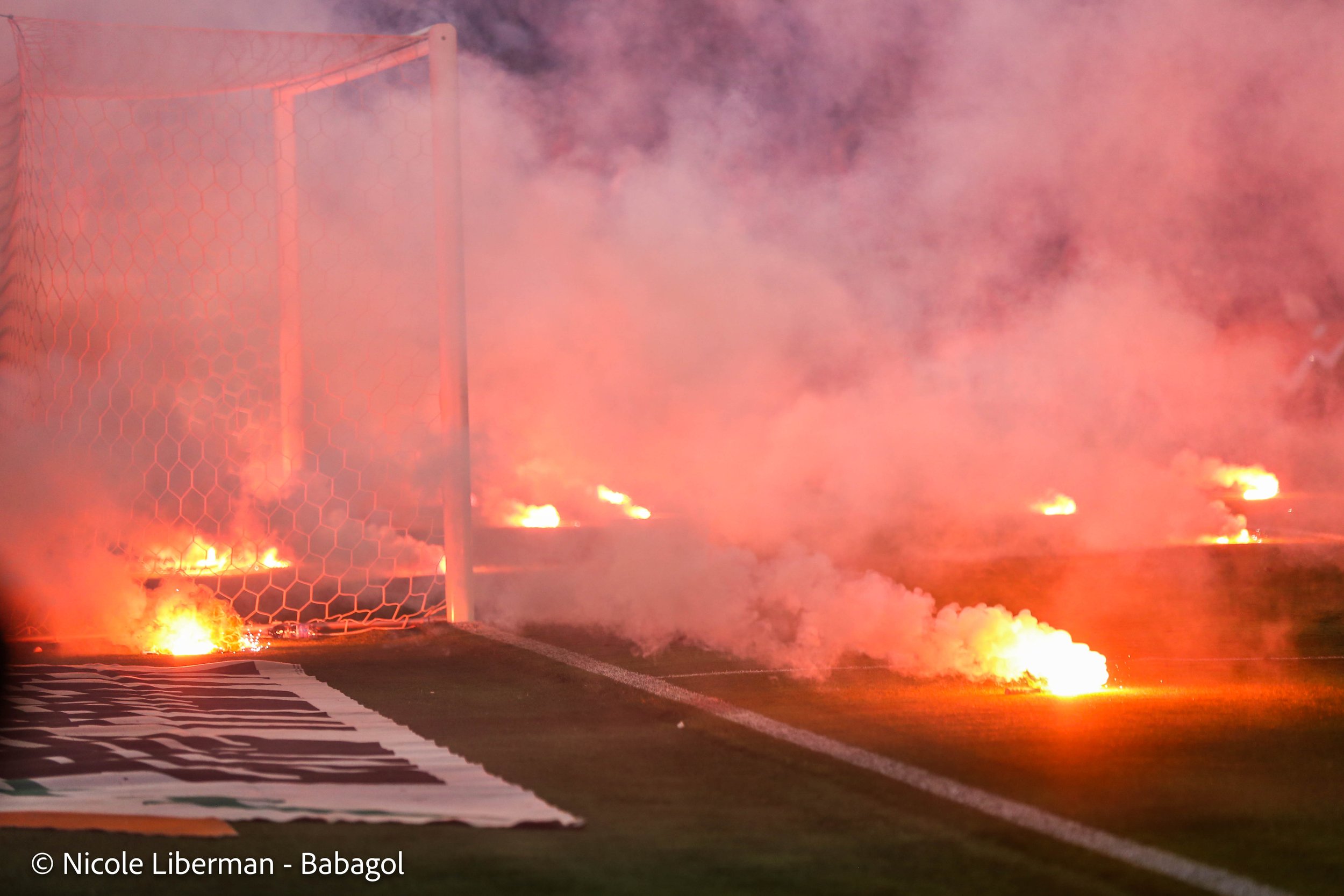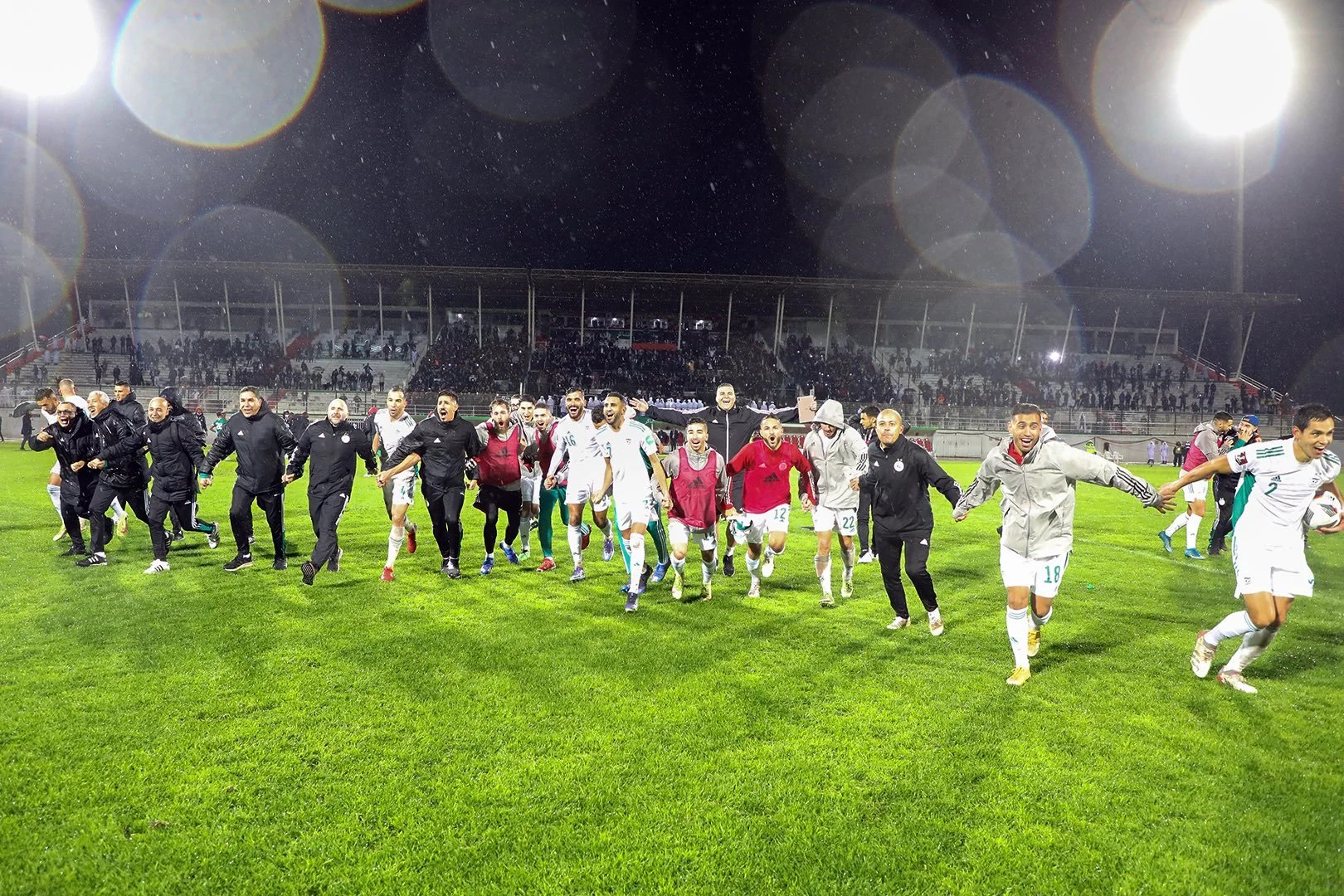In the past year, there have been a few "earthquakes" in world football.
The death of Diego Maradona.
The European Super League storm.
The collapse of Christian Eriksen at Euro 2020.
And now, the day no one believed would come.
On Friday, August 6, the footballing world was expecting the announcement of Lionel Messi's new contract at Barcelona, but there was a different story on the horizon. After 21 years at the same club, Messi is leaving Barça. He leaves with 778 matches, 672 goals, 305 assists and 35 titles under his belt, including ten La Liga and four UEFA Champions League titles.
There are so many angles to this story. On the sporting side, on the financial side, and on the emotional side too. After all, we are talking about probably the most popular and successful club of the generation, and arguably, the best footballer ever to play the game.
On the sporting side, Barcelona has just lost the best player in the world. The team's backbone, captain and leader. Messi grew up at the club. Over the past 20 years, he was the critical figure in making Barça one of the best teams in the world. He shaped their image and helped them grow as a global brand, probably the biggest in the game, as he led the team to a series of titles and victories.
On the financial side, it's more than that. Messi's exit comes from a series of complex issues at Barcelona as a football club, and as an organisation, in the past decade. Both the player and the club wanted to continue together, they even had an agreement, but things don't always work out the way both parties like.
Two of Barcelona's past presidents, Sandro Rosell and Josep Maria Bartomeu, have caught the club in bad deals and under the table agreements. In their constant attempts, not always kosher, to grow Barcelona as a brand and an international corporation, they got the club into massive debts.
We are talking around €673 million, nearly $1 billion, in debt.
The coronavirus outbreak has pushed this club's finances to the limit, triggering Barça's attempt to join the temptingly lucrative, but much-derided, European Super League alongside eleven of Europe's biggest clubs.
Barcelona isn't the only team to suffer financial troubles, but potential solutions were in the works. Messi had already agreed to cut his €170 million contract by 50%, and La Liga, the Spanish league, signed a new contract with CVC Capital Partners, a private equity firm, to inject €2.7 billion into the league. Still, the league set new salary regulations that prevented Barcelona from registering new players. The rules allow salaries to make up 70% of a club's budget - Barça's were at 110%.
This wasn't the only problem, though. The agreement between CVC and La Liga would reportedly prevent Barcelona from breaking any future deal, joining the Super League, for example, for the next 40 years, limiting the club's financial potential dramatically. Simply impossible for a club with that amount of debt.
Through the years, Messi has become a colossal figure, not just at the club but professionally, financially and personally. But at an organisation in its current state, Barcelona just couldn't hold on to him.
On the personal side, it's different. A child with a growth disorder, Messi joined Barcelona at twelve years old. The club helped him fund the treatments he needed, where he became a man and raised a family, where he won everything, literally everything, collectively and individually. A player we've seen grow in the same shirt for so many years, giving meaning to a city, to colours, but now it's over. When you see him crying, saying that he wanted to stay and can't find the words to describe how he feels, it's impossible to remain indifferent.
You forget that he is a billionaire because of football, and still, it moves you. A club is above everything else in the football reality, always, and in this story too, but this moment showed us why football is so big, and why Messi is something else, the biggest.
In a way, global football drama has become a drug. It's addictive. It takes your day, your plans, your soul, and shakes you. Lionel Messi's Barcelona exit was a part of the three global football "earthquakes" that preceded it:
He is Argentinian, like Diego Maradona, and by many meanings his successor as well.
The European Super League saga enclaves all of Barcelona's recent financial and administrative troubles.
And, just like that moment when Christian Eriksen fell to the ground, this moment is an emotional one, regardless of the reasons, the money and the circumstances behind it.
Lionel Messi at Barcelona was everything that we wanted to believe is pure and sacred in football. It was, but it is no more. And maybe that's what is breaking the hearts of billions.


